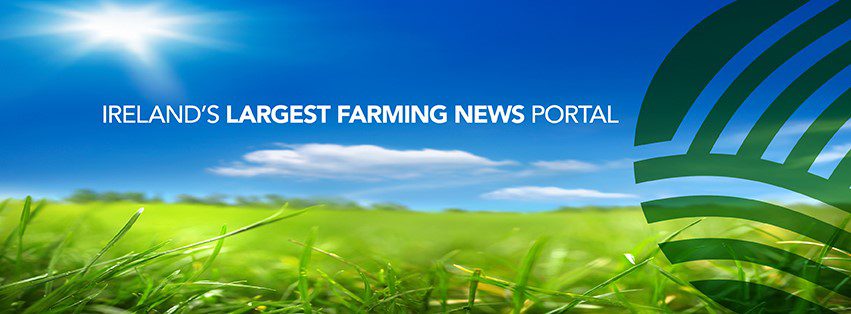Labour TD Willie Penrose has serious concerns regarding how the deficit in the EU budget will be filled following the UK’s departure.
Commenting during a debate on a motion proposed by Fianna Fail calling for a €200/suckler cow payment, Deputy Penrose explained that “one has to take stock of the reality and start there”.
“There is a €14 billion hole in the EU budget as a result of Britain leaving, of which €3 billion relates to the Common Agricultural Policy (CAP).
“There is a hole in the bucket and the only way to fill it is from individual European member states paying extra. We will have to pay more.
Even to get them to pay for the €14 billion will be some achievement, in which respect we should not be trying to fool anyone.
“I will not fool any farmer. Farming or other organisations or political parties can do it, but I will not be part of it. I will tell the truth. I am only telling the truth to my own brother who is in the game,” Deputy Penrose said.
In his response, the Minister for Agriculture, Food and the Marine, Michael Creed, wished to underline the fact that both he and his department will continue to argue for “as strong a CAP budget as possible post-2020”.
Continuing, he said: “There will be budgetary challenges, however, arising not only from the UK’s decision to exit the EU; but, also from the need to address other EU policy challenges such as those relating to migration, security and growth.
“On the Taoiseach’s comments in the context of funding of a CAP – where he stated in the European Parliament that Ireland was open to the issue of contributing additional funds to the CAP – we need to be prudent around how we prosecute this debate.
Because, it would be rather foolish of us to have our hand up early indicating a willingness to increase our contribution if the final shape of the CAP meant that such increased contribution from us was being spent elsewhere rather than domestically, and we need to be careful in that issue.
Minister Creed added that the case to be made to member states and European taxpayers for a strong CAP must be based on strong public good arguments.
Concluding, he said: “I will continue arguing strongly that the CAP provides vital support for the rural economy and society, provides a range of environmental benefits and supports an EU farming model that supports the production of high-quality, safe food on family farms.”
